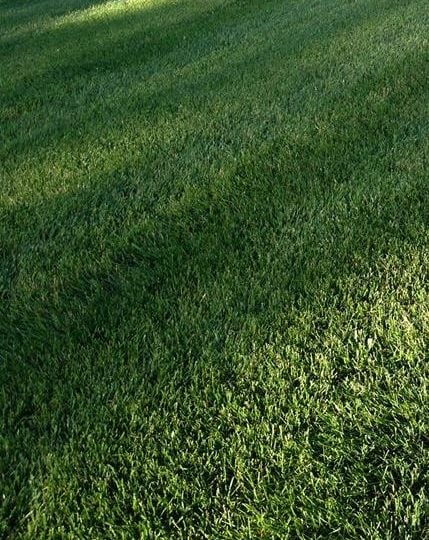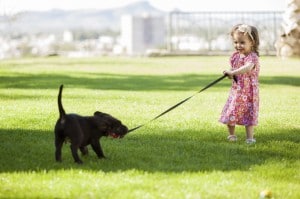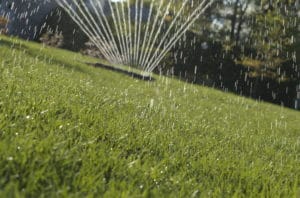How to Choose the Right Grass for Your Lawn

When getting ready to seed your lawn with fresh grass, examining the following variables will help you to choose a grass type that will thrive and hold up to the environmental and physical demands of your particular lawn.
- Traffic – If you expect heavy traffic on your lawn, in the form of dogs or children, for example, you should consider a Zoysia grass and avoid bentgrasses. Zoysia grasses’ strong roots can hold up against heavy foot traffic, while bentgrasses are more delicate and easily pulled out. Bentgrasses are suitable for lawns that will be used primarily for decorative purposes and have multiple footpaths.
- Light – Lawns that are largely sunny do better with bluegrass and ryegrasses, while for shadier lawns, fine fescue is a more appropriate choice. A mixed sunny and shady lawn, such as a lawn with large trees planted on the perimeter, may do best with a mixture of the aforementioned grass types.
- Water – Bentgrass thrives in wet lawns, whereas Bermuda grass doers better in dry lawns. However, your soil may be too wet or dry for even these grasses to thrive. If your soil retains water too well, aeration to relieve compaction may be necessary, whereas overly dry soil may require organic mulches to help it support root systems.
- Soil Type – There are 3 primary soil types. The ideal soil type, loam, supports most types of grasses. Zoysia grass does well in clay-based soil, while Alkali grasses grow nicely in either clay-based or sandy soil.
- Desired Height – If you are hoping for a taller, more luxurious grass length, fine fescues may be appropriate for your lawn. If you prefer short grass on your lawn, bentgrasses respond well to frequent mowing.
- Susceptibility to Disease – In truth, most lawns are susceptible to one type of lawn disease of another—dry lawns, wet laws, and even fertile, well-kept lawns can catch them. However, lawn diseases often spread more easily on lawns planted with only a single type of grass. Seeding with a mixture of grasses can help you to ward off disease and keep your lawn growing strong.
The grass you choose will hopefully be a part of your lawn as long as you own it, and are careful to treat it appropriately. For aeration and seeding services, as well as fertilization treatments that can improve the soil quality of your lawn and the variety of grasses you can choose from, call your local lawn care specialists at Green Lawn today.

